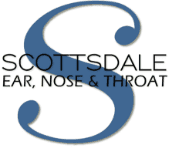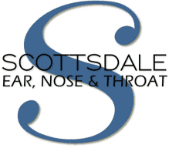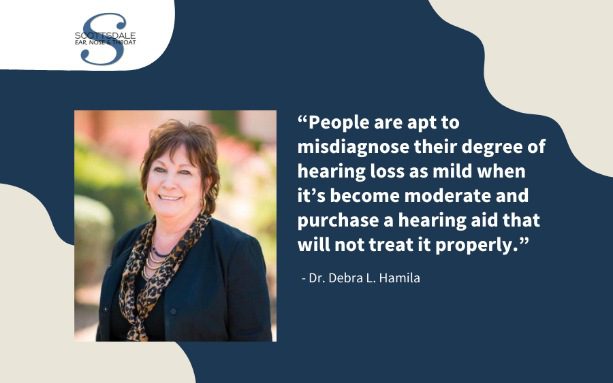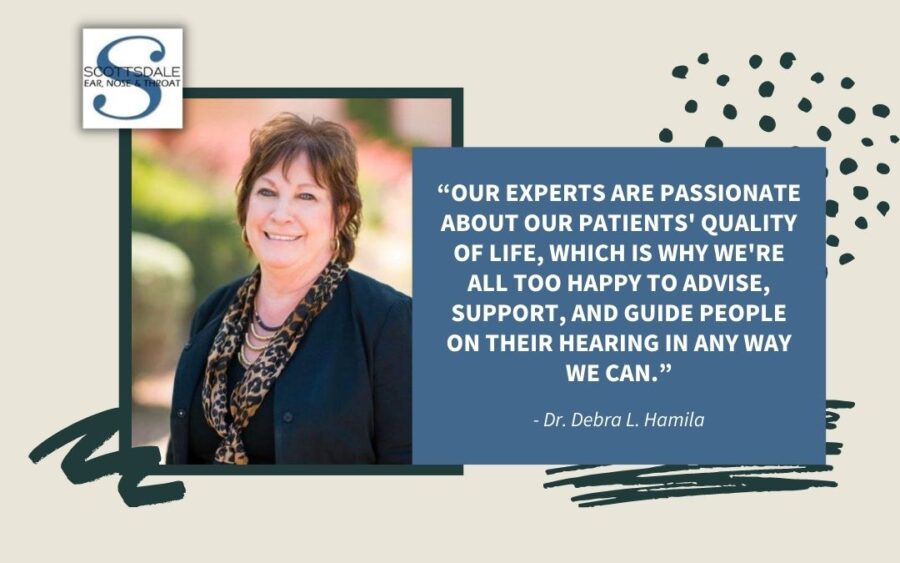When you hear the words “hearing aids,” you probably think of the hearing devices that are prescribed and fitted by a hearing professional for mild to severe levels of hearing loss. But from now on, there will be two terms for hearing aids.
- Hearing aids – those that do not require the testing and guidance of a hearing professional
- Prescription hearing aids – traditional hearing aids that do
The reason for this is that President Biden released an executive order last year allowing for hearing aids to be purchased without a prescription. Now that the rules and regulations are waiting to be finalized, you can expect to see more and more hearing aid models in stores by brands such as Audicus, Bose, Eargo, Jabra, Lexie, and Lively.
Be aware that just because a hearing aid is listed as being FDA cleared or FDA registered, this does not mean the device has been approved by the FDA.
While we’re delighted that hearing treatment is now more accessible for those who have delayed or neglected treatment, we’re finding that some of our patients can be quite confused about the differences between the two.
In this post, I’ll share these distinctions to help you understand the pros and cons of each.
What’s the Difference Between Prescription Hearing Aids and Hearing Aids?
The biggest difference is that prescription hearing aids are prescribed by a hearing expert and hearing aids are not.
Hearing aids are now the generic form of prescription hearing aids, similar to eyeglasses bought in big box stores versus eyeglasses prescribed by an optician.
- You can walk into a store or click a button online and buy these hearing aids without a hearing test.
- You’ll need to fit them and program them yourself.
- You’ll find that they are not comfortable for wearing 24/7, but they can be useful for giving you a hearing boost when you need it.
- Carry them on your person and slip them on when there’s a lot of background noise that’s preventing you from hearing talks or conversations.
- Styles and brands of these hearing aids are very limited.
- Insurance companies will not pay for these.
Hearing aids can be a great tool for people with a very mild hearing loss who might not be quite ready for prescription hearing aids, and just like using generic reading glasses, they act as a good short-term solution.
The danger of not having a professional hearing test is that without the physical exam, medical history, and hearing test in a sound booth, serious medical conditions can be missed, and your hearing will not be treated accurately.
In some cases, people have bought non-prescription hearing aids only to find their hearing loss was caused by a buildup of earwax – something an audiologist would have quickly seen.
Prescription hearing aids are the new term for what we have always thought of as just hearing aids, and each ear’s hearing aid is programmed to a person’s prescription given by an audiologist, ENT doctor, or hearing aid dispenser.
- A professional hearing evaluation is required before your hearing aids can be prescribed.
- You then purchase them with the support and guidance of your hearing professional.
- Your audiologist will fit them and program them for you, doing as many adjustments as necessary until they are comfortable enough to wear 24/7 and are always giving you what you need.
- The number of styles and brands to choose from is large, so you can be guaranteed to find one that suits your preferences.
- Scottsdale ENT offers a choice of payment plans and works with your insurance company on your behalf.
Prescription hearing aids work well for any degree of hearing loss and are an excellent long-term solution. You also have the benefit of local access to hearing aid “clean and checks,” a repair service, and ongoing support.
Which Type of Hearing Aid Is Best for You?
Because most people don’t recognize the early signs of a hearing loss, they are apt to misdiagnose their degree of hearing loss as mild when it’s become moderate and purchase a hearing aid that will not treat it properly.
We also find that people tend to go for the cheapest option when it comes to their hearing care because they are of the mind that “anything is better than nothing.” This perspective can end up even damaging your hearing further.
Scottsdale ENT has helped thousands of people in Arizona get the highest level of ENT healthcare available for their unique level of hearing loss, and we know we can help you too.
The first step to finding a hearing aid you are delighted with is a hearing evaluation. Book yours so you can get a head start on knowing what you need and so we can find out what’s causing your hearing loss.
Book your hearing assessment here.
If we find a medical issue, know you will be cared for by Arizona’s most advanced ENT care center as well as the state’s leading team of doctors.
If we find a buildup of earwax, we can clean it out for you and then check your hearing again to see if that was the issue.
Because we are not beholden to any single hearing aid manufacturer, we can give our unbiased opinion as to which hearing aids might work best for your hearing needs, lifestyle, and budget.
No matter what, your hearing health is our top priority. We hope you’ll give us the chance to show you just how good your hearing can be!




